#Science Fiction History
Explore tagged Tumblr posts
Text
That perspective reached story form in David H Keller's "The Revolt of the Pedestrians," first published in the February 1928 issue of Amazing Stories:


left: magazine issue cover. right: interior story art
In Keller's dystopia, society has become utterly reliant on automobiles, a transformation so profound that walking is an aberration - in fact, humans have evolved to become physically dependent on machines for their mobility.

More recently we see this theme again in WALL-E (2008), where humans have evolved into newborn-baby form due to their universal reliance on machines.
Of course these are simplifications (evolution doesn't really work like that), but that can be forgiven in satire with such strong social commentary.
Am I the only one who notices that new pickup trucks are afflicted with like furry porn levels of cartoon masculinity in their angles and faces
#The Revolt of the Pedestrians#WALL-E#The Modern Moloch#dystopia#science fiction history#Amazing Stories#science fiction magazines
19K notes
·
View notes
Text
Blade Runner is a serious contender for Your Obedient Serpent's Favorite Movie of All Time. I quite enjoyed this video essay, but, alas, while it's a pretty good assessment of the Ridley Scott classic, it suffers from a Small Reference pool and a lack of historical perspective.
youtube
At timestamp 1:56 in the video, the narrator says something that made me stop and do a double-take:
"The optimistic visions of the future that dominated the '70s were giving way to something darker."
I have an unfair advantage when it comes to Science Fiction Movies of the '70s: I sat through a whole lot of them, good and bad. As I've said many times before, I Was There At The Dawn Of The Nerd Age, when science fiction transitioned from a niche to something mainstream.
It's amusing to see the science fiction cinema of the 1970s dismissed as "optimistic". I mean, this was the decade that gave us dystopian masterpieces like A Clockwork Orange (1971), Silent Running (1972), Soylent Green (1973), Westworld (1973), and the original Rollerball (1975), and whose whose biggest SF franchise was the interminable chain of sequels to 1968's post-apocalyptic Planet of the Apes.
Star Wars came out toward the end of the decade, and it didn't get a second installment until 1980, so it's hard for me to think of it as a '70s franchise. Compared to the SF cinema of the rest of the decade, it's an outlier. It's funny that the video keeps going back to it as as the archetype of "optimistic SF" with a "bright clean white palette," though. When Star Wars first came out, part of what blew everyone away was that it WASN'T Bright Shiny White plastic: it was a grungy used future that looked lived-in.
Blade Runner's immediate visual progenitors in the early '80s were even bigger flops, though, and not ones that were redeemed by time. Films like Saturn 3 (1980) and Outland (1981) both tried to escalate the grungy look of Star Wars into a "noir" aesthetic, but their cinematographers and practical effects were nowhere near the scale or quality, and frankly, their plots were garbage. I'm not gonna pay Amazon $2.99 to watch Outland again; I still want my three bucks back from seeing it in 1981.
In conclusion:
Blade Runner was groundbreaking, but it was more evolutionary than revolutionary.
It's not that it did things that nobody had ever tried before. It's that it succeeded, because it did them on a scale that nobody had tried before. The video describes all of the elements in superb detail: an excellent script based on an excellent story, an accomplished cast, amazing practical effects, and a genius director. It was the first "dark SF" movie to really make the grade as cinema.
#I was there at the Dawn of the Nerd Age#the hoard potato#blade runner#science fiction history#science fiction#sci fi#Youtube
16 notes
·
View notes
Text
Happy New Year!

The logo at the center spells out Scientifiction, as written by a fountain pen driven mechanically by two gears that read FACT and THEORY.
This comes from the first true science fiction magazine, Amazing Stories (you can read most of the original issues here), whose famed editor (Hugo Gernsback, for whom the Hugo Award is named) sought to bring interest in science through publishing what at the time was called "scientific romances," soon to become known as science fiction.
He used this logo on most issues, but it was front and center as the cover art for the September 1928 issue.
Anyway, here's to a great and wondrous 2025!
10 notes
·
View notes
Text
Was Frankenstein the First Science Fiction Novel?
Happy anniversary to Mary Shelley's classic Frankenstein, first published on this day in 1818!
Here is an article I wrote about the book's place in the development of science fiction. Was it really the first?
2 notes
·
View notes
Text
#mars#life on mars#Martians#marvin the martian#life on other planets#science#science fiction#evolution of science fiction#science fiction history
13 notes
·
View notes
Text

Panel Announcement: History of Space Opera
Joe Bongiorno shares his knowledge of the history of space opera and the authors who contributed to the sci-fi which ultimately set the stage for Star Wars to break into our galaxy
Full Schedule: https://legends-con.com/guests-programming/
Buy Tickets: https://www.eventbrite.com/e/legends-consortium-2023-tickets-541786186067
#Space Opera#Sci Fi History#Science Fiction History#SciFi History#Expanded Universe#Star Wars Expanded Universe#Star Wars Legends#SWEU#Star Wars EU#SW Expanded Universe#LegendsCon#Star Wars Books#Star Wars Comics#Star Wars Games
4 notes
·
View notes
Text
From the Sci-Fi 5 Archive: one of my all-time favorite series premiered on this day 21 years ago. Learn more about Firefly in just 5 minutes. My words are read by Earl Green of theLogBook.com.
3 notes
·
View notes
Link
When tech whizkids are caught behaving badly, they're just being "brilliant jerks." And the figure of the charismatic-but-bratty genius inventor is everywhere these days. We look at how the isolated, tormented mad scientist in science fiction evolved into the sexy asshole that everyone wants to be. And we talk to Christopher Cantwell, co-creator of Halt and Catch Fire and recently writer of the Iron Man comic, about how Tony Stark has changed.
#Silicon Valley vs. Science Fiction: Difficult Geniuses#our opinions are correct#podcast#podcasts#silicon valley#tech bros#tech billionaires#technology history#technology#halt and catch fire#Christopher Cantwell#charlie jane anders#annalee newitz#science fiction#science fiction history
3 notes
·
View notes
Text
15 Years of "Looking Back on Genre History"
I've been contributing my "Looking Back on Genre History" segments to the StarShipSofa podcast for 15 years now. All of my past segments are listed (with their topics and links!) on the "Podcasting" page of my website. (Scroll down to the "Looking Back on Genre History" section.)
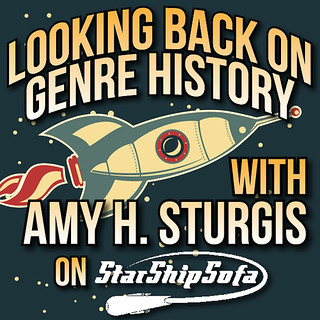

#StarShipSofa#Science Fiction#Science Fiction History#Science Fiction Studies#Genre History#Amy H. Sturgis#Podcasting
5 notes
·
View notes
Text
William Gibson, author of the groundbreaking novel Neuromancer (1983), walked out of this movie just a few minutes in because it was exactly the imagery he was going for and he didn't want to lose his original vision.


Blade Runner (1982)
1K notes
·
View notes
Text
look, I know I've talked about this essay (?) before but like,
If you ever needed a good demonstration of the quote "Any sufficiently advanced technology is indistinguishable from magic", have I got an exercise for you.
Somebody made a small article explaining the basics of atomic theory but it's written in Anglish. Anglish is basically a made-up version of English where they remove any elements (words, prefixes, etc) that were originally borrowed from romance languages like french and latin, as well as greek and other foreign loanwords, keeping only those of germanic origin.
What happens is an english which is for the most part intelligible, but since a lot everyday english, and especially the scientific vocabulary, has has heavy latin and greek influence, they have to make up new words from the existing germanic-english vocabulary. For me it kind of reads super viking-ey.
Anyway when you read this article on atomic theory, in Anglish called Uncleftish Beholding, you get this text which kind of reads like a fantasy novel. Like in my mind it feels like it recontextualizes advanced scientific concepts to explain it to a viking audience from ancient times.
Even though you're familiar with the scientific ideas, because it bypasses the normal language we use for these concepts, you get a chance to examine these ideas as if you were a visitor from another civilization - and guess what, it does feel like it's about magic. It has a mythical quality to it, like it feels like a book about magic written during viking times. For me this has the same vibe as reading deep magic lore from a Robert Jordan book.
#off topic#literature#language#linguistics#science#science history#science fiction#fantasy#physics#atomic theory#anglish#chemistry#robert jordan#the wheel of time#uncleftish beholding
43K notes
·
View notes
Text
#Star Wars#Mass Effect#Transformers#Destiny#Halo#Star Trek#science-fiction#lore#history#public opinion#Star Wars: Knights of The Old Republic#Mass Effect 2#Transformers: The Covenant of Primus#Destiny 2#Halo: Combat Evolved#Star Trek: Enterprise#Star Wars: The Old Republic#Mass Effect 3#Transformers: Generation 1#Halo 2#Star Trek: Voyager#Star Wars: The Clone Wars#Destiny: The Taken King#Transformers 2007#Halo 3#Star Trek: The Next Generation#Star Wars: Plagueis#Transformers: Exodus#Destiny 2: The Witch Queen#Halo Reach
9K notes
·
View notes
Text

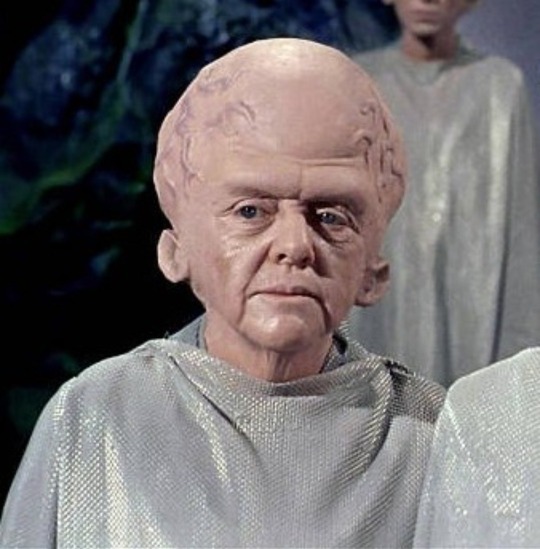
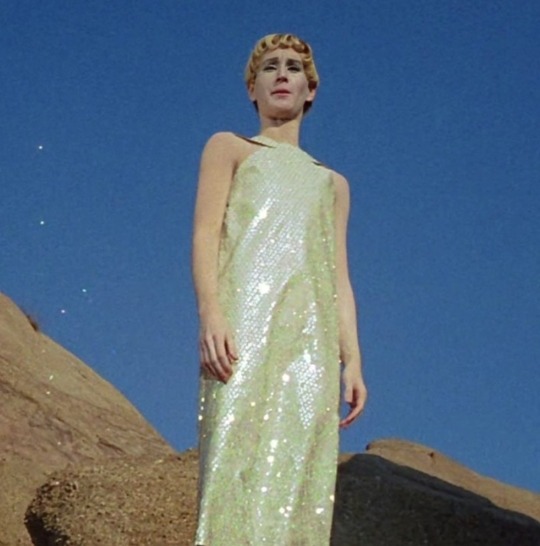


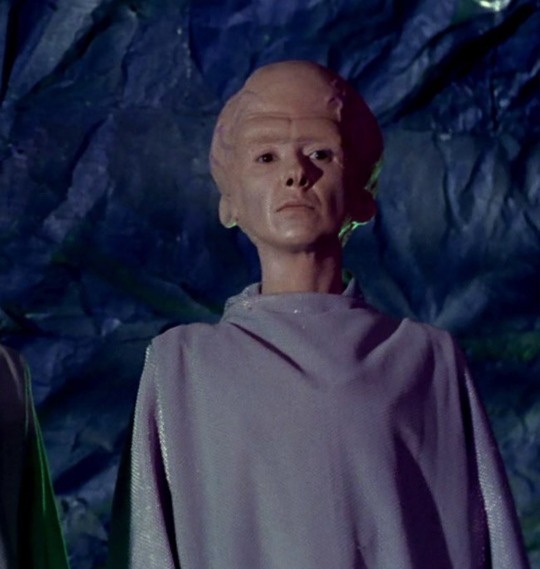
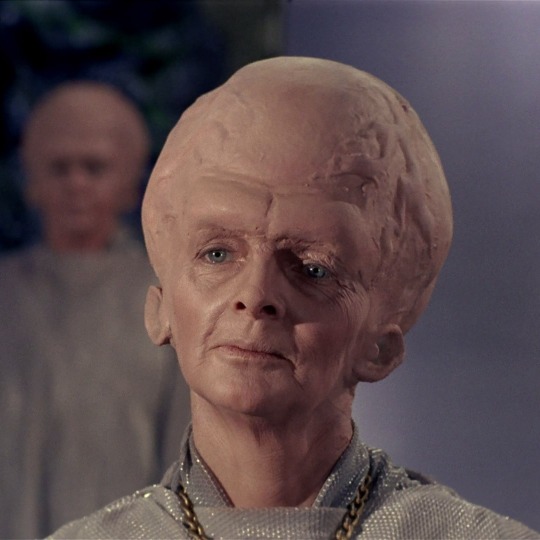



Georgia Schmidt, Carole Shelyne, Serena Sande, Meg Wyllie, & Sandra Lee Gimpel
A tribute to some lesser-known women of Star Trek :)
#i love women#star trek#iconic#star trek tos#star trek the original series#science fiction#costume design#aliens#space#classic#1960s#women#retro#screencaps#feminism#my edit#representation#the cage#the man trap#arena#sci fi#props#stage makeup#trek history
2K notes
·
View notes
Text
Mary Wollstonecraft Shelley, widely regarded as the mother of science fiction: also Goth apotheosis
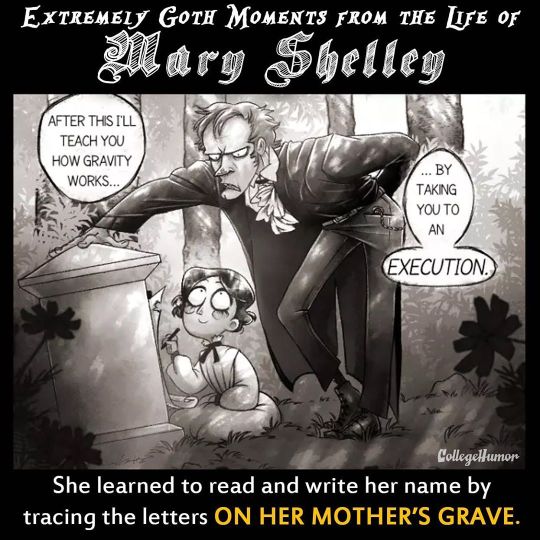
Ummm....

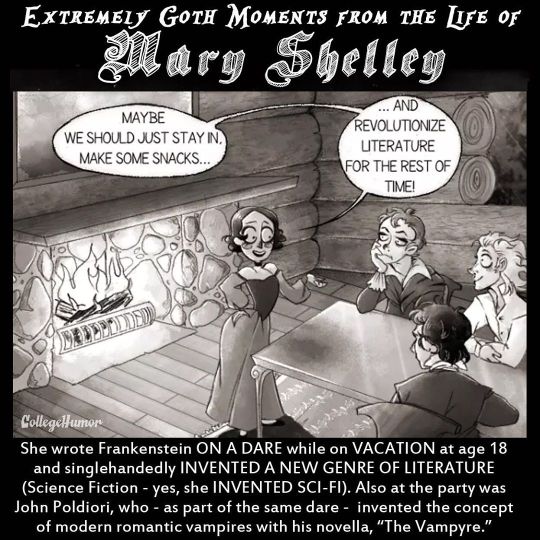

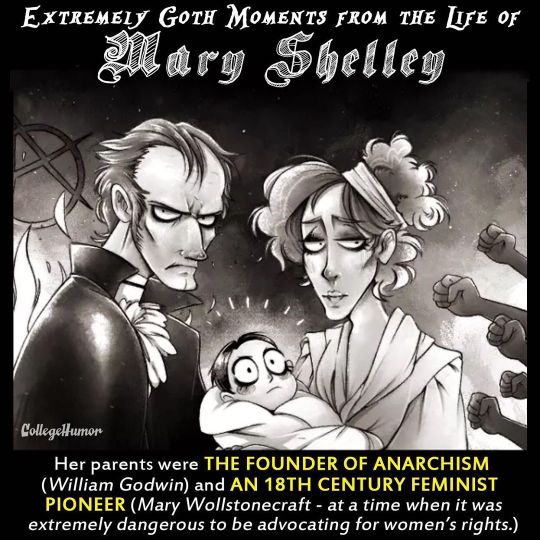
#Mary Wollstonecraft Shelley#science fiction history#gothic#cartoons#frankenstein#modern SF anyhow#SF roots go back to Lucian of Samosota's A True Story from the 2nd century
86K notes
·
View notes
Text
Was Frankenstein The First Science Fiction Novel?
Frankenstein is the most accepted answer for the first science fiction novel, mostly thanks to critic Brian W. Aldiss and his book “Billion Year Spree: The True History of Science Fiction.” However, there are many great examples of science fiction written before Shelley was even born.
Read on to learn about the history and development of the science fiction genre!
#scifi#science fiction#science fiction history#science fiction genre#mary shelly's frankenstein#frankenstein#history lesson
1 note
·
View note
Text

Ed Emshwiller's Christmas cover art for Galaxy Magazine, December 1960.
545 notes
·
View notes